ARTICLE AD BOX
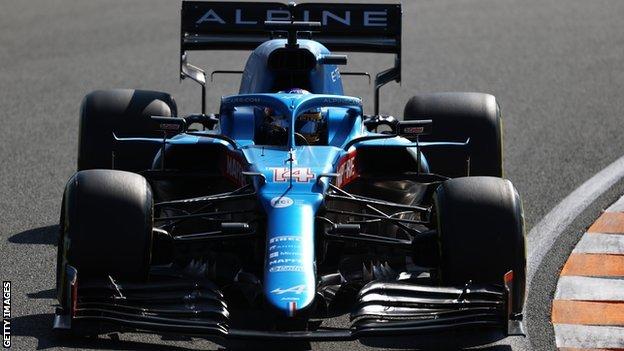 Audio and text coverage of the Italian Grand Prix is live on the BBC Sport website
Audio and text coverage of the Italian Grand Prix is live on the BBC Sport websiteFernando Alonso says winning a third Formula 1 World Championship is still his main target - but accepts that achieving it may not be possible.
The 40-year-old, who returned to Formula 1 this season, added that he feels he can continue for several years to come.
Alonso said: "Inside, I have the same spirit and the same racing ambitions and winning the third championship is the only thing that motivates me.
"But with time you realise that not everything is under your control, there are things you cannot maybe overcome.
"If you don't get there, at least you tried and were as close to the third championship as possible."
Alonso was speaking in an exclusive BBC Sport interview, in which he discussed a number of aspects of his comeback:
- His "love-hate" relationship with the sport
- Why he cares about his legacy and reputation
- His relationship with the new generation of drivers
- How long he wants to continue
- How close he feels to his best level
Alonso - world champion with Renault in 2005 and 2006 and winner of 32 grands prix - left F1 at the end of 2018 to pursue other ambitions in motorsport.
But he was tempted back this season by the Alpine team - formerly known as Renault - on the basis that the new rules being introduced for next season, which are aimed at bringing the field closer together, were an opportunity for both to return to competitiveness.
Alonso will turn 41 in the middle of next year, but wants to continue for some time to come.
"I will see year by year," the Spaniard says. "I will first have to enjoy continuing in F1 and feel I am fast enough. If one day I feel I am not competitive, I don't feel the car, I am not enjoying the racing, I will be the first one to raise my hand and give an opportunity to a new guy.
"But hopefully that doesn't happen so I can keep racing for, I don't know, at least two, three, four years.
"I don't think age is a problem. If you have more downforce, you go quicker in the corners; if you have more power, you go quicker on the straights. It's not that with 20 years or 40 years (of age) this changes much."
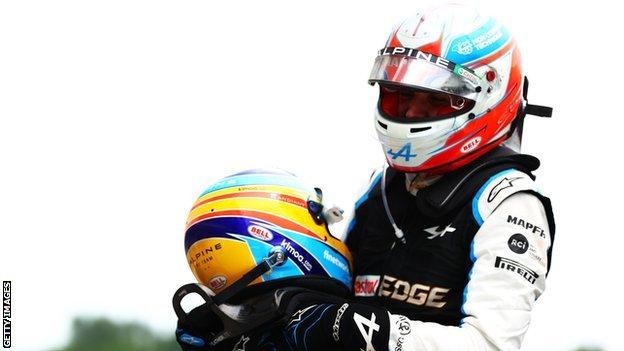 Team player: Alonso was first to congratulate his team-mate Ocon after his win in Hungary
Team player: Alonso was first to congratulate his team-mate Ocon after his win in Hungary'You have to have a sense of humour'
Alonso has become a motorsport icon for his achievements over the past 20 years, and his return has been welcomed by the new generation of drivers, some of whom had not raced against him before.
They are happy to show their admiration for him, and to have the chance to compete against him on the track.
New Mercedes signing George Russell recently called Alonso "one of the greatest racing drivers ever", after the pair swapped helmets.
Alonso has also added McLaren driver Lando Norris' helmet to the collection in his museum in his home town of Oviedo, and wrote a message to Norris that the Briton was "a rock star".
And when McLaren's Daniel Ricciardo celebrated 200 races in F1 last month, the Australian cited a battle with Alonso at the 2014 German Grand Prix as one of the highlights of his career.
Does Alonso feel he is enjoying a status as a kind of elder statesman or living legend?
He laughs. "I've never thought about that," he says. "I dunno. It's just there is now a different generation watching the television and they see all these helmet swaps and they are surprised about this and they make some jokes about it and ask if I came back just to swap helmets with all the drivers.
"I have more than 50 helmets in my museum. But many people didn't follow anything until two or three years ago in F1. Some of these people are in social media and making all these things. You have to have some sense of humour, for sure, because if not you will get crazy.
"No, I just treat everyone as I feel they deserve. Lando is a good guy, the same with Daniel. And the people who maybe I don't get very well, or I don't understand the way they race or act as a person, I try not to get too involved with them."
He admits, though, that his legacy and reputation are important to him.
"I do care," he says. "I would lie if I say 'no'. We race here and we are totally focused on the day by day, on the performance and what we achieve every weekend.
"(But) in the long term it would be nice when eventually you retire or are at home there is not the wrong perception of how you were as a driver or how you achieved some of the results.
"In a way, you work on some positive messages that hopefully stay for longer after you retire.
"There are a lot of new fans in the sport, a lot of (the) younger generation, from the Netflix documentary (series). Those people never saw some of my races or some of my championships.
"They only saw the last couple of years and they have a completely wrong perception of who every one of us is."
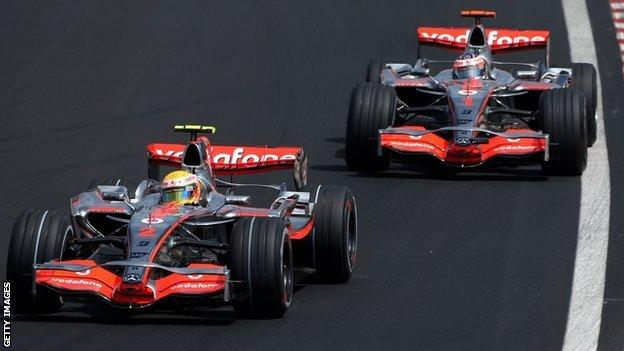 Alonso's relationship with his then-rookie McLaren team-mate Lewis Hamilton became strained in 2007
Alonso's relationship with his then-rookie McLaren team-mate Lewis Hamilton became strained in 2007A 'love-hate' relationship with F1
Alonso says he is "enjoying" his comeback and that he is making an effort to keep to a minimum the distractions of events and concerns outside the car.
"Probably I have a love-hate relationship with F1," he says. "I love racing. I love the cars. I love the technology involved and how clever all the engineers and everyone in the team is. You learn a lot from these people.
"At the same time, you feel it is half-business, half a sport. You are not able to compete on the same conditions as some of your opponents, and there is a lot of media activities, a lot of sponsor activities around the grand prix as well.
"So you need to save the energy and be 100% when you are jumping in the car. And outside the car I try to save as much energy as possible and maybe that is why the impression is that I am a quiet person."
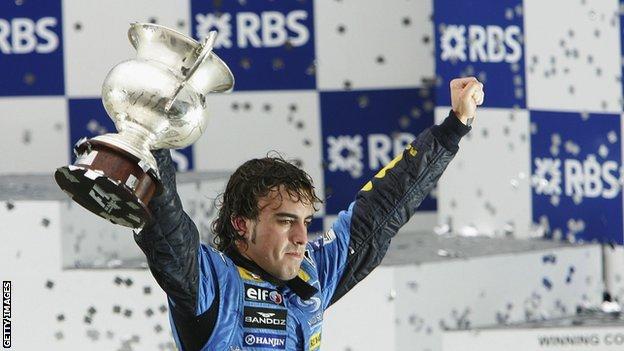 Alonso celebrating his first title win at the 2005 Brazilian Grand Prix
Alonso celebrating his first title win at the 2005 Brazilian Grand PrixAfter Alonso's comeback was announced, there were inevitable questions as to whether he would be the same driver as he was, now he is into his fifth decade.
But after what Alonso admits was a slightly slow start, with a couple of difficult qualifying sessions, he has become increasingly strong.
He is the leading Alpine driver in the championship, despite his team-mate Esteban Ocon's surprise win in Hungary, and has put in some star performances.
Among them were:
- His first lap in the Silverstone 'sprint' race, when he overtook six cars in nine corners to rise from 11th on the grid to fifth;
- A masterclass of defensive driving to hold back Lewis Hamilton's Mercedes for 11 laps in Hungary, a key factor in ensuring Ocon's win;
- His drive in the Dutch GP last weekend, an expertly executed race of tyre management and pace applied when important, to pass the Ferrari of Carlos Sainz for sixth place on the last lap.
Alonso - known for the high standards he expects of himself - says he is "still 10% or something like that (from being) at the top of my game".
"You will be completely satisfied at one point, when you feel that every time you jump in the car there is not much (more) in it," he says. "You stop in the garage and you feel you squeezed every 10th of a second out of the car. I am not maybe in that position yet, but close.
"There are a couple of things that still need to be improved - adaption to the car, understanding of the tyres and the different track conditions when it keeps changing or I have a new grip level; different weather conditions," Alonso says.
"(With) all these kinds of things, it seems I need again a couple of laps to maximise the potential of the car, and that's something that is new and part of this comeback. But overall (I'm) happy with how things have gone."
He says the adaptation process has been caused by the complexity of the latest F1 cars.
"The cars became a little bit more critical in terms of how they deliver the downforce," Alonso says. "These are cars that are very highly developed already after a few years with the same rules so they are very 'peaky' in the way they deliver the downforce.
"And then the tyres the same way. They are quite digital in the way they work. You switch them on or off. There is no way to deal with them when they are not at the right temperature. So (with) all these things it became a little bit more difficult to drive the cars in peak performance."

- The Birthday Cake Game: It's almost impossible not to play along...
- Do you have bizarre dreams? Scarlett investigates if they really have any meaning


 3 years ago
183
3 years ago
183
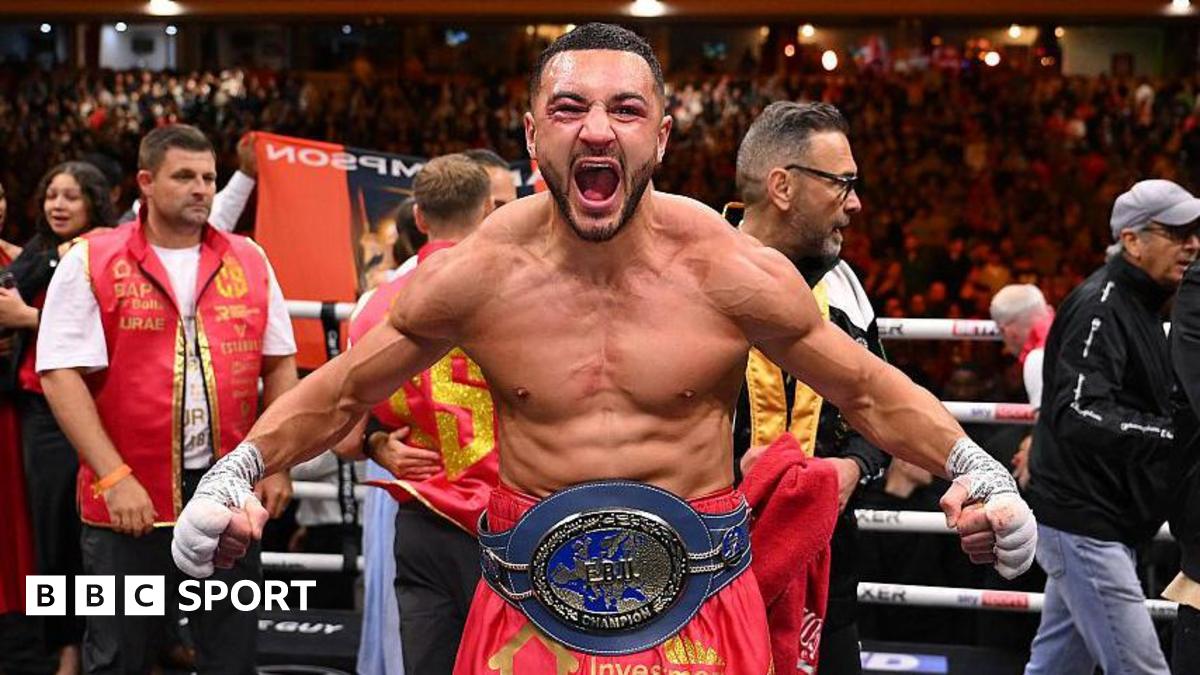
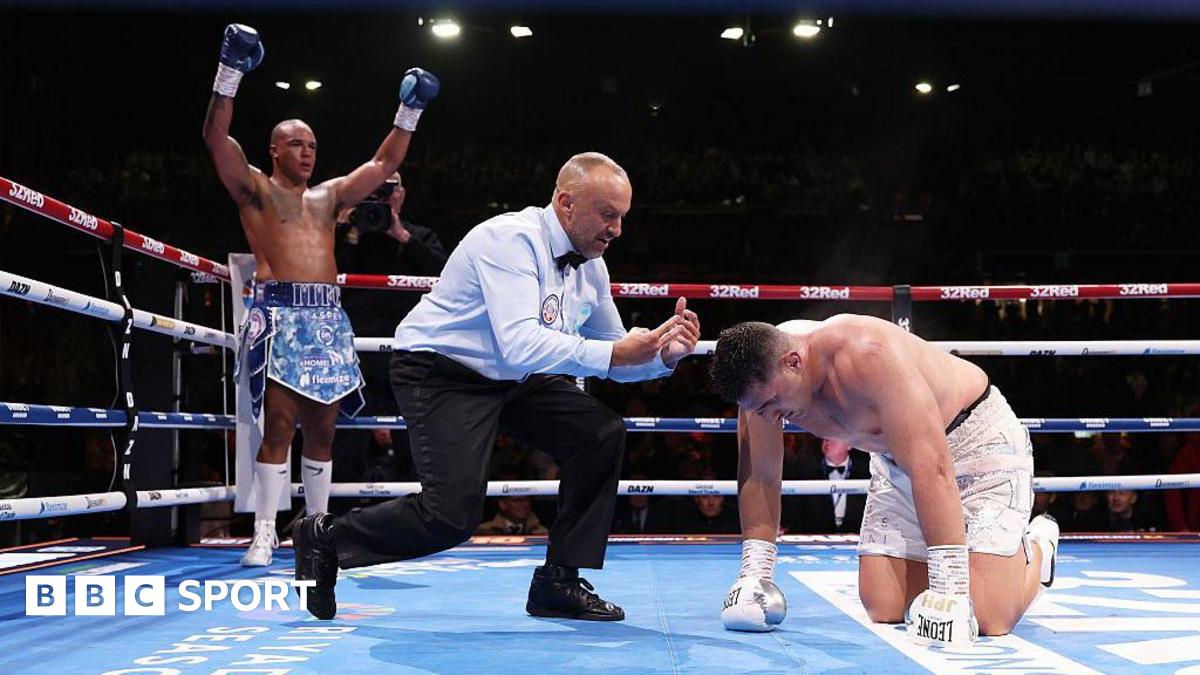
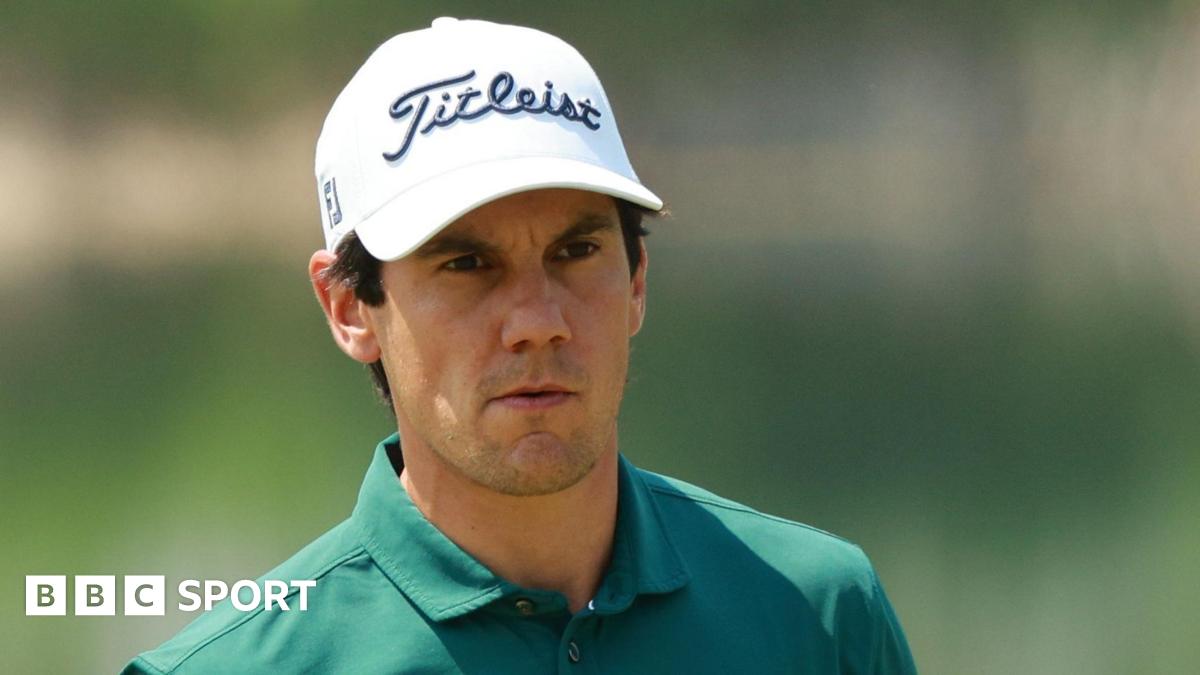





 English (US) ·
English (US) ·